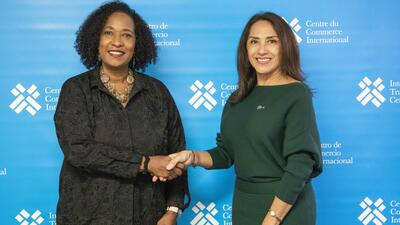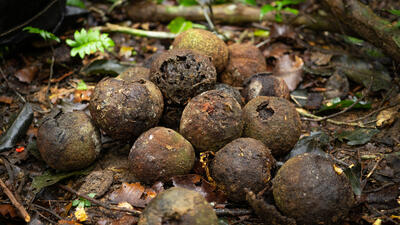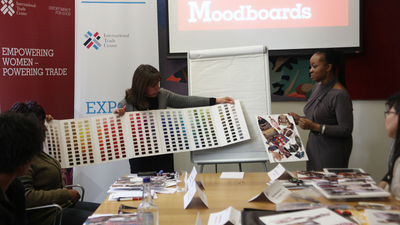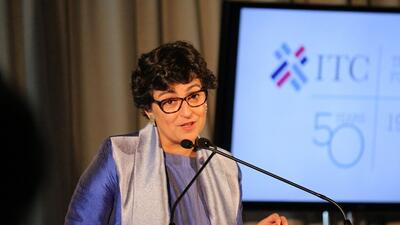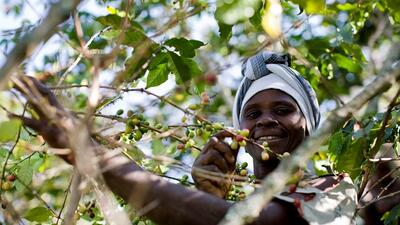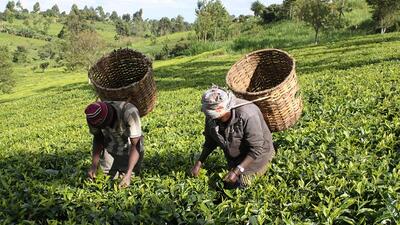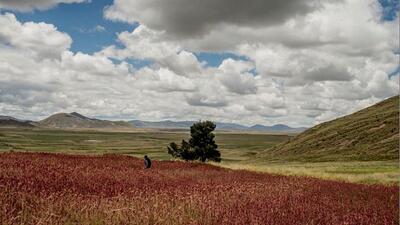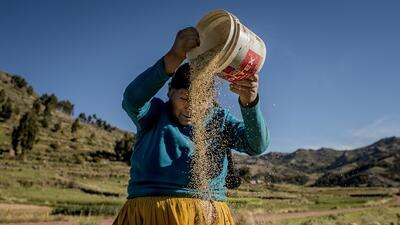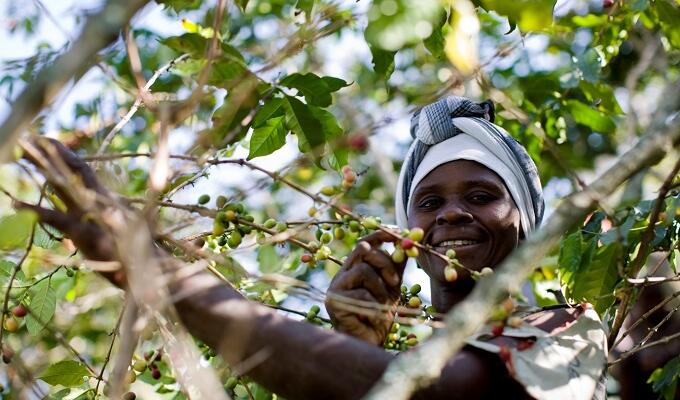
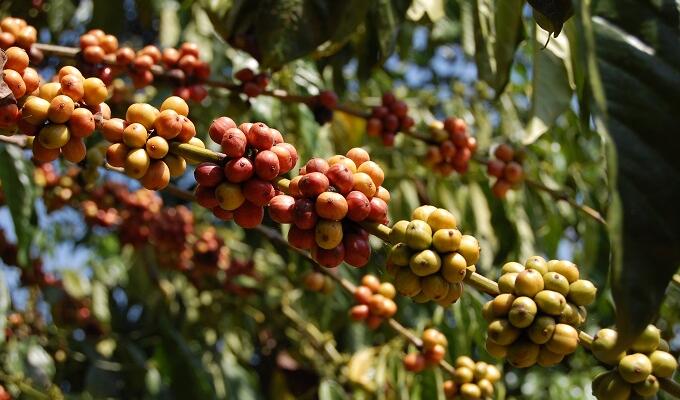
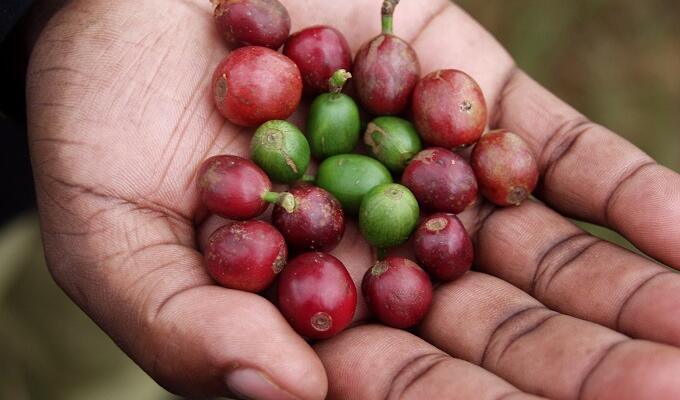
200 coffee farmers to be trained on climate adaptation in Kenya’s Nyeri region
In March 2015, ITC’s Trade and Environment Programme (TEP) launched new activities aimed at training farmers in better agricultural practices in the coffee sector in Kenya. The aim is to increase resilience to climate change and help farmers become more productive.
After a successful track record in implementing climate change adaptation workshops in the tea sector across the country, TEP’s training curricula will be replicated to reach more than 200 smallholder coffee farmers in the Nyeri region in central Kenya. Because of its soil quality, the region is home to some of the country’s best coffee.
Coffee is one of Kenya’s most important non-petroleum related export products, with more than 700,000 smallholders. Because of its important role in smallholders’ revenues, coffee is included as a priority sector in Kenya’s Agricultural Sector Development Strategy (ASDS) 2010-2020 and in Kenya Vision 2030. The government-developed Kenya Vision 2030, highlights the need and importance of increasing productivity in the coffee sector. With a strong focus on smallholders, the strategy suggests new ways of improving efficiency at the farm level and to add value to Kenya Coffee prior to marketing.
With an average production of 280 kg/ha, Kenya has very low coffee yields. Low productivity is in part caused by warming trends, which cause the spread of the coffee berry borer (Hypothenemus hampei) in previously colder areas where its presence and damages have been limited to date. Erratic rainfall is also increasing the stress on coffee production, as well as on the rest of the agriculture sector of the whole country, which is 70% rain-fed.
Women carry out more than two-thirds of the work in coffee farming in Kenya. Whereas ITC workshops are mostly focused on technical issues, they will bring women and men farmers together and include social trainers who cover topics such as child nutrition, domestic violence, gender roles and empowerment in the household. Through these trainings ITC also aims at empowering women and their associations in the coffee sector, building on the work already conducted in East Africa together with the International Women’s Coffee Alliance (IWCA).
The trainings are also designed to generate knowledge spill-overs, emphasizing the role of lead farmers and women supervisors to bring the knowledge and skills they have acquired back to their families and communities to educate their peers.




